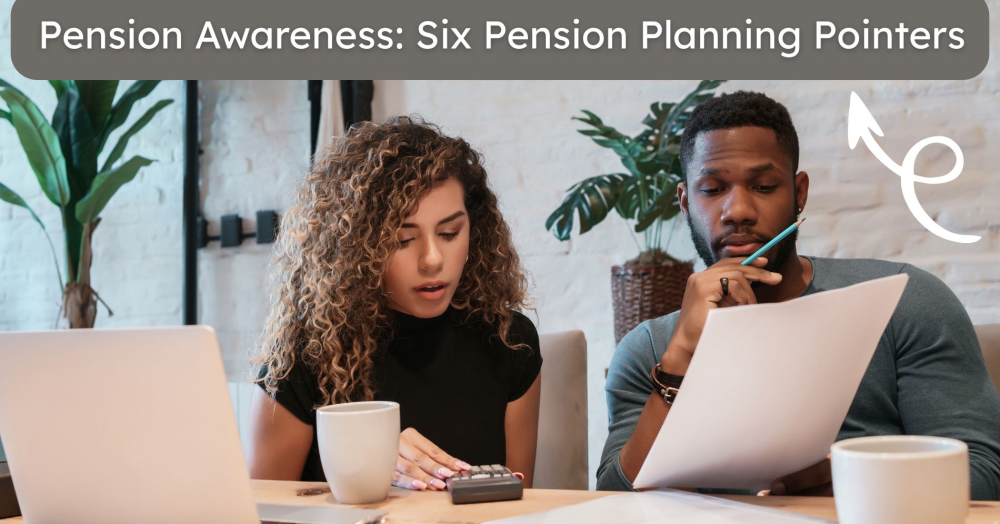Pensions have been a major talking point this week as it is Pension Awareness Week. So why not take the time to review your pension plans?
1. Know how much you’ll need
The latest calculations from the Pensions and Lifetime Savings Association suggest that a one-person household requires £43,900 per year for a comfortable living standard in retirement, £31,700 for a moderate standard, and £13,400 for a minimum standard.
A two-person household needs £60,600 a year for a comfortable living standard, £43,900 for a moderate standard and £21,600 for a minimum standard.
2. Think how you’re going to build that pot
Your retirement pension pot can be made up of several different elements. It could include a state pension, private or workplace pensions, savings, investments and perhaps even an inheritance, if you’re lucky.
Which of these applies to you?
3. Check your State Pension entitlement
The official
State Pension forecast tool can tell you when you’ll be entitled to receive your State Pension and how much it currently is.
This tool can also tell you if your National Insurance contributions are on track to entitle you to the State Pension.
4. Check your private or workplace pensions
Do you have private pensions or workplace pension plans through your current or previous jobs?
If so, it’s sensible to review them at least once a year.
Collect your annual pension statements together. Look at how much they’re forecast to pay out when you retire.
Should you move your pension plans to another provider, where the plan allows it? Or should you draw down some cash from them? (Whether you can do this or not depends on your age and type of pension.)
If you don’t currently have a private or workplace pension, should you consider starting one?
5. Trace any lost pensions
If you’ve had several jobs over the years, you may have several pension plans and may have forgotten about some.
6. Take action now
Lastly, decide what action you need to take now to ensure you have an adequate pension in the future.
It’s never too soon or too late to plan for the future.
We hope you’ve found these thoughts useful. This article does not constitute financial advice. If you’re thinking of taking out a pension or making changes to one, seek independent financial guidance.

